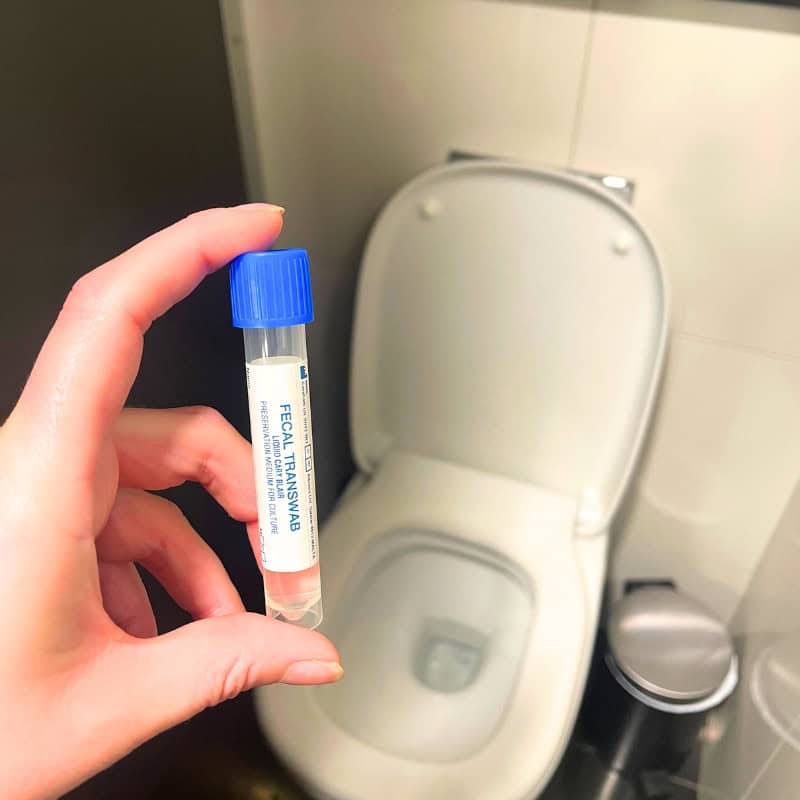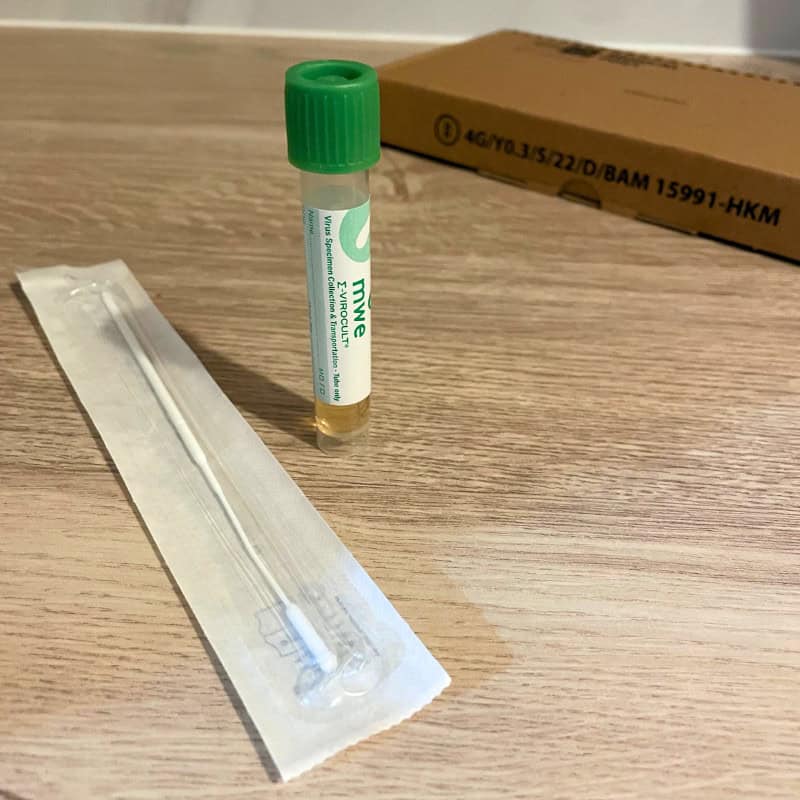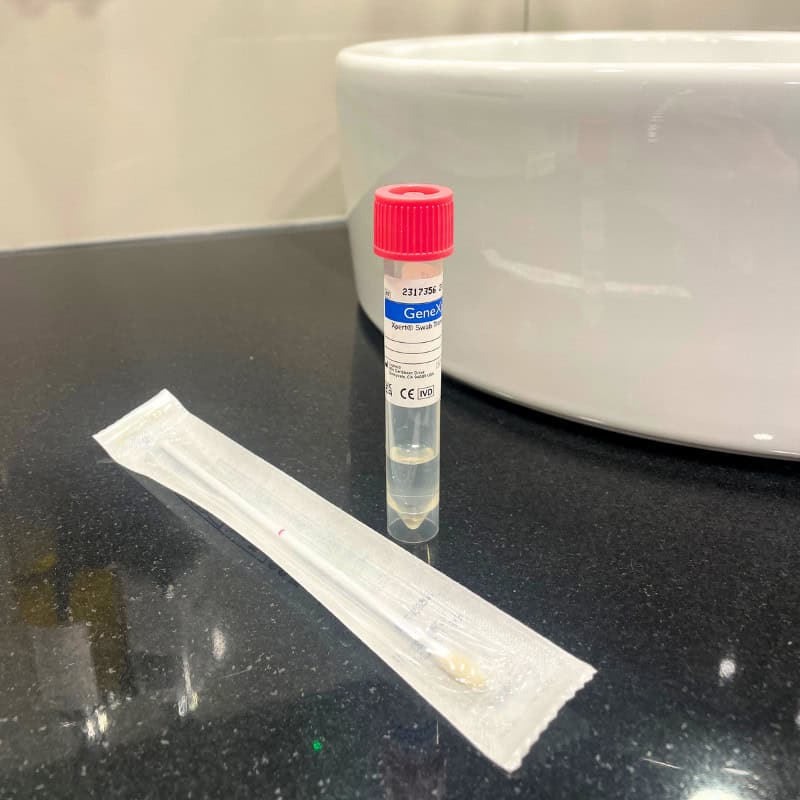Tag: carnival
RIO CARNIVAL
Rio carnival is a huge pull for travellers heading to Brazil. With over 2 million people attending, it is the biggest carnival in the world, and probably the most colourful!
If you’re lucky enough to be going to the carnival this year, you’ll get the most out of the experience if you prepare beforehand and have a worry-free trip! Here are our top travel health tips to read before you go.
RECOMMENDED VACCINATIONS
Yellow Fever:
- There have been outbreaks of Yellow Fever in Brazil, including the city of Rio de Janeiro. We advise all travellers that are heading to Rio to ensure that they have received a yellow fever vaccination 10 days prior to travel to ensure they are fully protected.
- Yellow Fever vaccination is highly recommended for certain areas of Brazil, including the cities of Manaus, Belo Horizonte, Cuiaba, and Brasilia
- There is a high risk of Yellow Fever in the Amazon and in Iguazu Falls, so if you plan to do any onward travel after carnival we recommend obtaining the vaccination
- If you are planning to travel to other areas of South America before or after the trip, you may be required to have the Yellow Fever vaccination, and hold proof in the form of an International Certificate of Prophylaxis
Hepatitis A is a viral infection spread via contaminated food and water. A first dose of the vaccination protects for a year, a second dose given 6 months later protects for 25 years+
Typhoid is a bacterial infection through contaminated food and water(gives 3 years protection)
Tetanus, Diphtheria, Polio is a routine immunization given in childhood, but travellers should ensure they have received a dose of the vaccination in the previous 10 years
Measles, Mumps, Rubella – make sure you have received a primary course of MMR vaccinations (usually given in childhood) and unimmunised adults should receive their vaccine
OTHER VACCINES TO CONSIDER
Rabies – Travellers should be aware that Brazil is a high-risk country for Rabies and an intermediate risk country for Hepatitis B and those considering visits to remote regions or for prolonged visits may wish to be vaccinated; especially as urgent Rabies treatment can often be difficult to obtain in certain areas.
Malaria – a parasitic infection that is spread via mosquitos that are most active between dusk and dawn. It occurs in the Amazon region and the northeast of the country, and malaria prophylaxis is strongly recommended if visiting these regions or if going to Manaus.
MOSQUITO PRECAUTIONS
Dengue Fever, Chikungunya Fever and Zika virus can occur throughout all of Brazil. Brazil These viruses are spread by mosquitos that are most active during daylight hours. There is currently no vaccination or preventative medication for such illnesses.
Minimising insect bites that can transmit disease is essential. This involves covering up with clothing and ensuring insect repellent that contains a minimum of 50% DEET is worn to prevent mosquito bites. Using plug-in vaporisers in rooms to reduce mosquitoes and sleeping under bed nets will help.
Our Ultimate Bug Kit contains everything you need to keep mosquitos at bay.
ZIKA
Zika virus is especially serious in those individuals who are pregnant or planning to become pregnant at the time of travel. As Zika is an emerging virus, it is essential to keep informed with the most up-to-date advice. We are able to offer Zika testing and counselling if you have concerns about Zika virus.
HEAT
The average temperature in Rio in February is 29 degrees. This means that both heat and sun protection is required. This means avoiding direct sunlight between 11-3pm and seeking shade and wearing a sun cream with a high SPF to prevent burning.
HYGIENE
Often travelling to different countries can result in travellers’ diarrhoea, which can be caused by bacteria, viruses or parasites. It is important to practice safe food and hygiene practices such as:
- Washing hand thoroughly with soap and water or alcohol gel before food consumption
- Ensuring drinking water is safe by avoiding ice, drinking bottled water or having a reliable method of water purification (such as filtering or chemical sterilisation)
- Ensuring food is well cooked and served hot. Avoid salads or fruit that may have been washed in unsafe water
- All travellers should take medications with them to treat travellers’ diarrhoea. This can include rehydration salts, anti-diarrhoeal medication and even antibiotic treatment – see our Worldwide Gastro Kit.
FLEET STREET CLINIC
For more advice from our expert travel team on safe travels in Brazil, book a travel consultation appointment.
By Anna Chapman | Travel Nurse | February 2018




